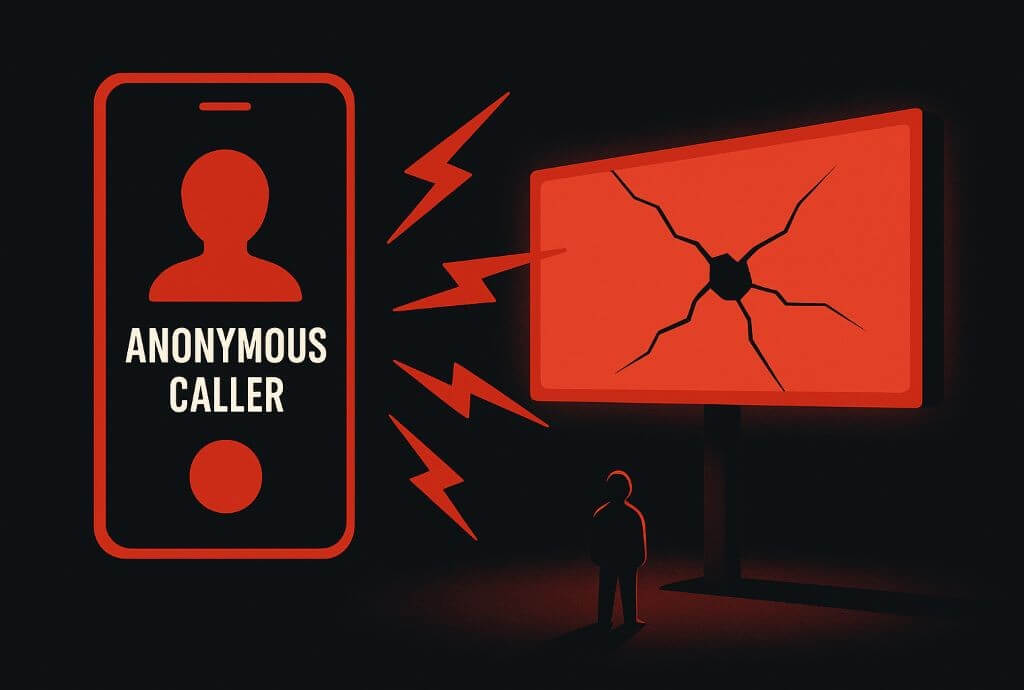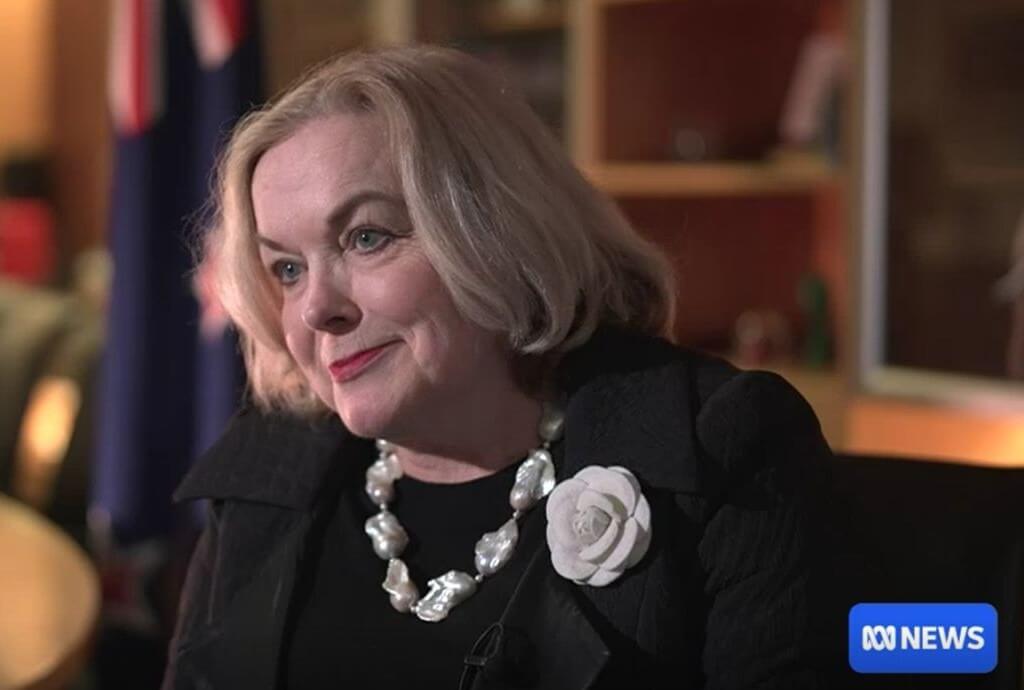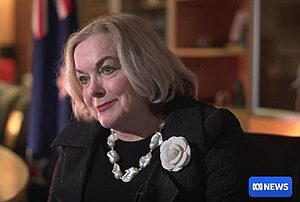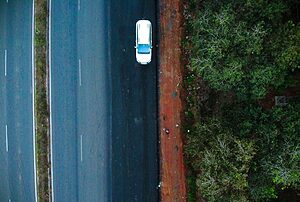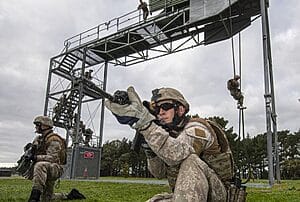Summarised by Centrist
A Canadian school board has banned an elected parent council member, Catherine Kronas, from attending future meetings after she objected to a compulsory land acknowledgement, a statement recognising Indigenous peoples as traditional custodians of the land.
Kronas described the practice as political and divisive. She now faces formal exclusion based on her “behaviour” and “conduct” for politely objecting to a political statement.
John Carpay, a constitutional lawyer with the Justice Centre for Constitutional Freedoms, says the case reflects a growing climate of enforced ideology across Canadian institutions. “It was obviously her words that triggered this censorship of an opinion that many Canadians agree with,” he writes.
According to Carpay, “Land acknowledgements often include inaccurate claims about ‘unceded’ territory when, in fact, numerous treaties formalized the sovereignty of the British Crown over the lands that are today’s Canada.”
He writes: “Land acknowledgements are political and ideological statements, and perhaps quasi-religious statements as well.”
Carpay notes that the Lord’s Prayer was removed from public institutions to uphold state neutrality.
“Land acknowledgements suggest that Canadians of Chinese, Polish, British, Punjabi, Nigerian, or French ancestry should feel guilty about living in Canada, even if their Canadian-born ancestry goes back multiple generations. And yet, supporters of land acknowledgements will not put their money where their mouth is, and give away their own homes or lands to aboriginals,” Carpay writes.
“Discrimination based on ancestry damages harmony, unity, and friendship within society,” he says.
Kronas is now backed by legal action seeking reinstatement of her right to participate.

